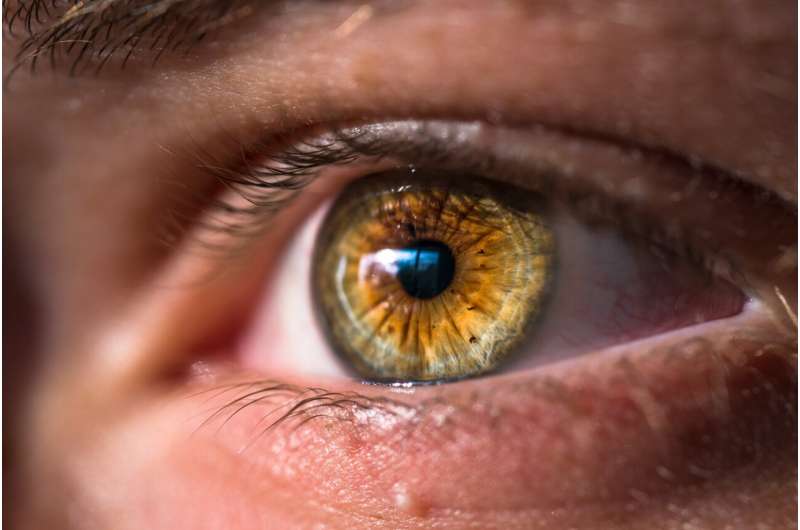Innovative Oral Swab Test Guides Effective Hormone Therapy for IVF Success

A quick and non-invasive oral swab test can now predict the most effective hormone therapy for women undergoing IVF, increasing success rates and reducing side effects. Developed by Lund University, this innovative test personalizes fertility treatment based on genetic markers, promising to improve reproductive outcomes.
Approximately 15% of couples of reproductive age face involuntary infertility, a challenge increasingly linked to postponement of family planning. To address this, recent research from Lund University introduces a groundbreaking, quick, and non-invasive test that can determine the most suitable hormone therapy for women undergoing in vitro fertilization (IVF).
IVF involves stimulating a woman's ovaries to produce multiple eggs, which are then collected, fertilized in the lab, and implanted in the uterus. The hormone treatments used to mature eggs are either biological or synthetic. However, these treatments come with risks, including severe side effects, and often, IVF attempts fail—highlighting the necessity for precise treatment choices.
Traditionally, selecting the optimal hormone treatment has been a guessing game, leading to a reliance on trial-and-error approaches. Up to 75% of IVF attempts do not result in pregnancy, and around 20% of women experience significant side effects, sometimes requiring emergency care. A key factor influencing treatment success is the patient's genetic makeup, particularly variations in the FSH receptor (FSHR) gene, which plays a critical role in egg maturation.
In a study involving 1,466 women from Sweden, researchers focused on the genetic differences in the FSHR gene. They discovered that women with specific gene variants responded better to either biological or synthetic hormone treatments. Notably, women whose genetic profile matched the treatment had approximately 38% higher chances of successful pregnancy and a greater number of live births—equivalent to four extra babies for every 1,000 women.
To streamline this personalized approach, scientists at Lund University developed a simple oral swab test. Within about an hour, the test indicates the most effective hormone therapy by displaying a pink or yellow color, providing immediate guidance for treatment. This innovation aims to reduce treatment failures, lower healthcare costs, and improve outcomes for women undergoing IVF. The developers are currently seeking a patent and plan to make the test available by early 2026.
By tailoring hormone treatments based on genetic profiles, this new method promises to enhance IVF success rates, minimize side effects, and bring personalized medicine closer to reproductive health care.
Stay Updated with Mia's Feed
Get the latest health & wellness insights delivered straight to your inbox.
Related Articles
The Rise of 3D Bioprinting and the Impact of Patent Laws
3D bioprinting is transforming medicine, but current patent laws may hinder innovation and commercialization. Discover how legal frameworks impact this rapidly growing field.
Innovative Eye Surgery Enhances Survival Rates in Patients with Rare Uveal Melanoma
A novel surgical technique combining vision preservation with targeted radiation therapy may significantly reduce metastasis and improve survival in patients with uveal melanoma, offering new hope for this rare eye cancer.
AI-Powered Technology Significantly Improves Low-Quality Cardiac MRI Scans
A new AI-assisted model from the University of Missouri enhances the quality of low-resolution cardiac MRI scans while reducing scan time by 90%, enabling faster and more accurate heart diagnostics.



